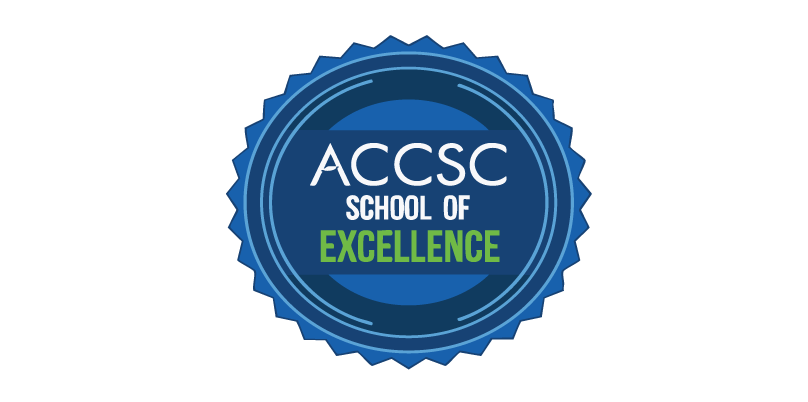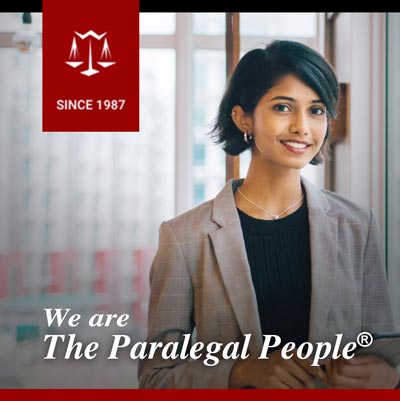Most hiring decisions are not arrived at quickly, but there is no one-size-fits-all answer to determine exactly how long it will take. Hiring is a multi-step process. It includes screening, interviewing, and communicating with candidates. Before making a final decision, hiring managers will interview more than one candidate to compare their skills, experience, and cultural fit. Sometimes you may have to endure post-application and interview silence.

The waiting period for a response varies. This is why:
- It takes time to review multiple resumes and applications and schedule interviews, especially if more than one candidate has applied for a single opening.
- Interviews often take place over several days or weeks.
- Hiring decisions tend to occur collaboratively with HR and across a management hierarchy according to an established hiring process.
- Offers may remain pending until all stakeholders have considered and accepted the hiring recommendation. If contract approval is necessary to finalize the hire, a 2-3-week delay is not unusual.
- The hiring manager may have multiple priorities or other personal and professional commitments that disrupt the interview schedule.
Once an interview concludes, it is highly recommended that you send a thank you note. Request a business card when the meeting ends to facilitate this communication. Following up allows you to express gratitude for the interviewer’s time, reiterate your interest in the job, and highlight how your skills and experience align with the role. Sending a post-interview message shows initiative and can make a positive impression on the hiring team. Let the hiring manager know you will check back in a week or two.
Be patient and continue your job search when waiting for a final hiring decision. Apply for open positions and maintain touchpoints on pending applications. After the initial interview and thank you note, give it a week, and reach out. If there is no response after the second week, limit further communication. However, if you receive positive feedback, continue to stay engaged and provide updates on any notable developments. Every hiring process results in finalist decisions, but other candidates often remain on a soft fallback list. If a “first choice” turns down an offer, another candidate moves to the front of the line!
What about following up on an application when you have not yet interviewed? In cases where you have a contact, phone number, or email from the job posting, it may be acceptable to inquire – but only to check if the position is still open, to confirm if your application was received, and to verify the timeframe attached to the recruiting process. Otherwise, apply and follow up using the guidelines published in the job posting. Not only does this show that you can follow instructions, but it also increases the chances that a hiring manager will review your application. If the job posting specifies that you address applications to a specific person, include that person’s name in your cover letter. If the directions state to apply through a link or an online portal, follow them explicitly.
With most online application processes, applicants can only check their application status through an online portal. This is often the case with government, court, county, and city jobs. Until HR has vetted an application, they will not contact the candidate. Because more organizations are now automating their hiring process and utilizing applicant tracking systems (ATS), even if you use an official communication number or email, employees may not divulge the status of your application unless screening is complete.
When information for hiring managers is unavailable from the job posting adhere to the official communication mechanism provided. Most hiring managers keep their emails, LinkedIn, and other social media accounts private and limited for a reason. If a hiring manager is open to receiving calls and emails, they will publicly post their contact information in their profile or the job description. Otherwise, they will ask interested applicants to send communications regarding an available position to a generic or official email. They might also direct applicants to a company job board. This is because a personal career profile or social network is not usually where hiring managers operate officially. Tracking down a company representative to ask about something that should come through a designated hiring authority in a specific department might remove your application from consideration.
If a hiring manager wants to proceed with your application, they will contact you after completing the screening process. There is always a process. That process may include multiple stages of shortlisting, interviewing (virtually and in person), approving finalists, checking backgrounds and references, sending offers, and waiting for replies – which repeat until a job is either filled or closed. The main reasons candidates may be rejected at the resume screening stage or during an online hiring process include:
- Poor Resume Quality: A high-quality resume is crucial for securing an interview. It should be punctuated correctly, free of errors and typos, and have a professional appearance with minimal clutter and relevant content.
- Lack of Qualifications: There should be no discrepancies between the resume and the job requirements. Hiring managers seek candidates with education, training, certification, experience in a similar role, or transferable skills. Silence could indicate that the focus is on more qualified or experienced candidates.
- High Volume: The hiring manager may be overwhelmed with applications. Lack of contact could reflect their busy schedule rather than indicate any decision regarding your candidacy.
- Timing: Most hiring managers contact candidates in their yes pile first and immediately start the interview process. If none in the yes pile are qualified, they will move to the maybe pile. Companies might also choose to put a position on hold for assorted reasons or offer it to an internal candidate before considering external applications.
The hiring process can vary in duration. Respect the evaluation process and maintain professional and polite interactions at every stage. While hiring managers strive to adhere to hiring timelines and show appreciation for applicants’ efforts, sometimes they are not responsive. While you are waiting, continue to search for opportunities, seek feedback, identify areas for improvement, and further develop your skills. Most importantly, remember to keep networking and maintain a positive outlook!
Center for Advanced Legal Studies has a dedicated career services department and valuable job search resources. Interested in a paralegal career? Contact us today at www.paralegal.edu to learn more about our programs and upcoming class start dates. We can help prepare you for success in the legal field!
Director of Outreach and Career Services
Tami has an extensive and varied professional background that spans criminal justice, paralegal education, and international school marketing and communication. Her career has been guided by a focus on developing strategic partnerships that facilitate school growth and student opportunities. She holds a Bachelor of Science in Degree in Criminal Justice from Texas State University.






